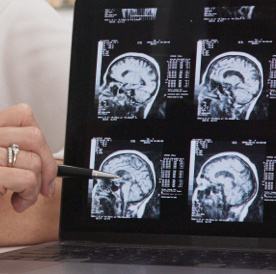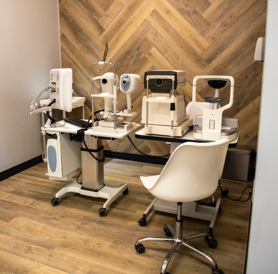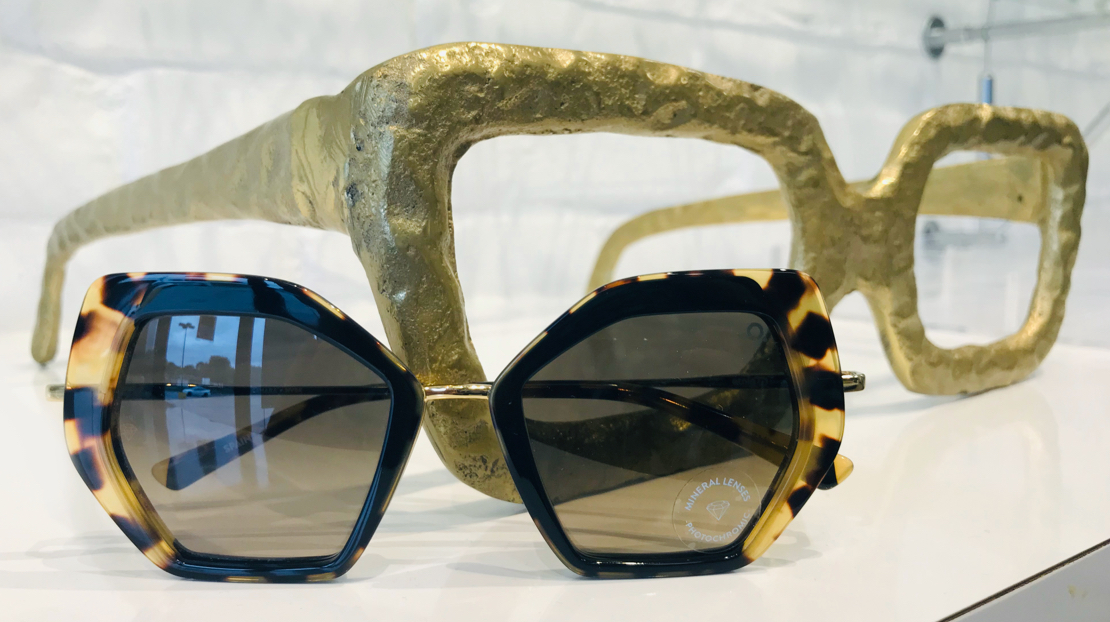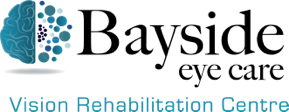Protect Your Vision with High-Tech Diagnostic Practices
Vision and eye care are important parts of your overall health. An untreated eye disease can cause vision loss and may significantly affect how you live your life.
Our team has the necessary experience to diagnose and treat your vision. Our aim is to keep your vision as clear as possible and ensure your eyes stay healthy.
Common Eye Diseases
Glaucoma
Glaucoma is damage to the optic nerve that causes vision problems. It is often related to abnormally high pressure in the eye. Glaucoma is among the leading causes of blindness in people over 60.
There are many types of glaucoma. Most have no early symptoms, which means regular visits to the optometry clinic are necessary for staying ahead of this disease.
At Bayside Eye Care, we measure glaucoma with multiple tests, including Goldman and Perkins tonometry. In these tests, the eye is numbed with drops and the intraocular pressure of the fluid within the eye is measured.
Conjunctivitis
Conjunctivitis is more commonly called pink eye or red eye. It is a viral or bacterial infection that inflames the thin clear tissue that lies over the white part of the eye and lines the inside of the eyelid, called the conjunctiva.
Conjunctivitis is highly contagious and often very uncomfortable, but, if treated, it usually doesn’t harm vision long-term.
Symptoms include a thick discharge, redness, and burning or itchy eyes. Your optometrist can provide you with relief and diagnose any more severe strains of conjunctivitis.
Age-Related Macular Degeneration
As we age, our vision changes. When the centre of the eye (called the macula) deteriorates, vision loss may show as a loss of clarity in the centre of your field of vision and in a lessened ability to recognize faces. This is called age-related macular degeneration, or AMD.
There are 2 types of age-related macular degeneration:
- Dry form AMD involves yellow deposits called drusen in the macula. The more drusen present, the more likely your vision is to be affected.
- Wet form AMD involves blood vessels growing beneath the macula and leaking fluid into the retina. You may develop distorted vision that makes straight lines seem wavy, as well as blind spots from scarring.
AMD, like glaucoma, often has few early warning signs. This makes regular eye exams as you age a necessity. This disease has a higher incidence in people with a family history of AMD, excessive exposure to UV rays, those who smoke, and those with high blood pressure.
Dry Eye
Dry eye disease is a common complaint that arises from a disturbance of the tear film on the eye. Dry eye can be caused by a variety of factors, including your environment, digital eye strain, aging, laser eye surgery, and autoimmune disorders.
For some people, dry eyes may just be an irritant that can be solved with eye drops. However, unchecked and persistent dry eye may allow more serious infections to develop, or impact your quality of life.
Learn more about dry eye and our dry eye therapies through our specialized dry eye care clinic.
Cataracts
Cataracts occur when the eye’s natural lens begins to cloud. They are generally age-related, developing slowly over time, but they can occur for many reasons.
Most cataracts don’t have a quick onset, but you may notice vision changes over time, like blurred vision, faded colours, and poor night vision.
Mild cataracts can be managed with eyeglasses or contact lenses. Once cataracts start impacting your ability to perform daily tasks, you may require cataract surgery.
Keratoconus
Keratoconus is characterized by the cornea becoming thin and bowing outwards. This corneal irregularity makes vision blurry or distorted.
There are no known causes for keratoconus, but may be hereditary and has been associated with Down syndrome or excessive eye rubbing.
Mild cases can be treated with glasses, but more advanced cases may require specialized lenses or surgical intervention. Keratoconus changes quickly, so regular check-ins with your eye doctor are needed.

Total Eye Care & Treatment
We understand that eye disease and issues can leave you nervous regarding your ocular health and vision. Our optometrists are here to allay your fears and look after your eye health and sight throughout your life. We’re here to help.
Our team is passionate about caring for all aspects of your vision and equipping you with the knowledge to treat and prevent complications with your eyesight. Together we can build a plan to protect your vision and care for your eyes.
Visit us to begin building a relationship focused on service and care.
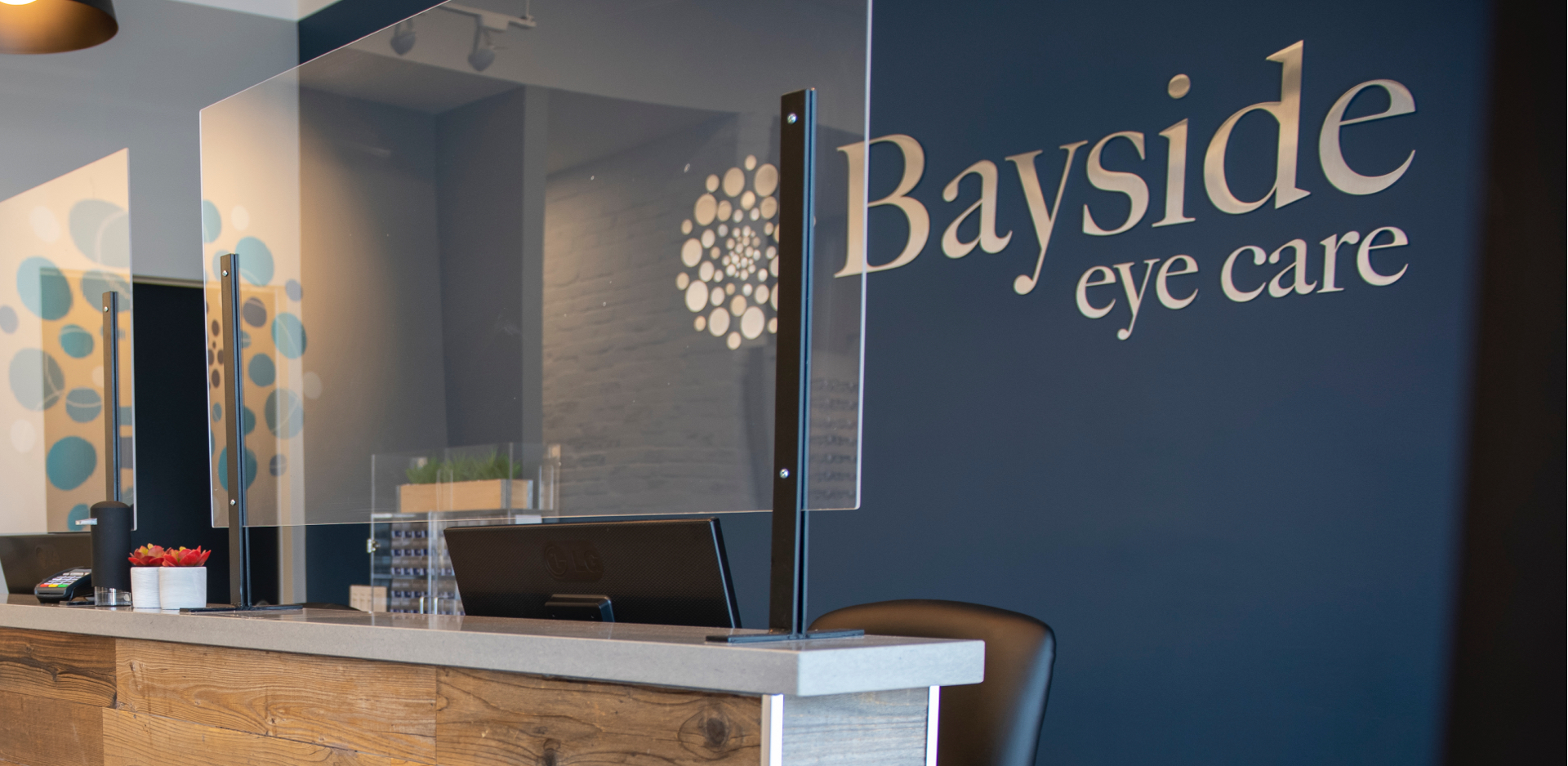
Our Location
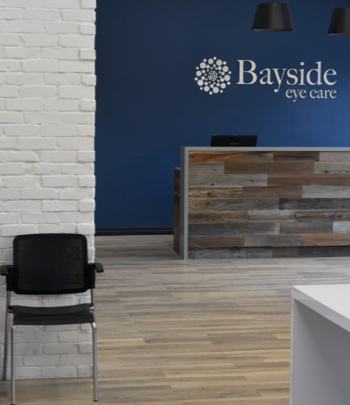
Visit Us
Just off Leacock Drive, find us in the strip mall next to O’Sullivan Animal Hospital.
- Phone: 705-728-3396
- 420 Leacock Drive, Unit I
- Barrie, ON L4N 5G5
Hours of Operation
- Monday: 9:00 AM – 5:00 PM
- Tuesday: 9:00 AM – 5:00 PM
- Wednesday: 9:00 AM – 5:00 PM
- Thursday: 9:00 AM – 5:00 PM
- Friday: 9:00 AM – 3:00 PM
- Saturday: Closed
- Sunday: Closed
Extended hours appointments available by appointment only.



See Our Google Reviews

OUR BLOG
Vision Therapy for Strabismus
Vision TherapyVision therapy is an effective, noninvasive treatment option that helps retrain the eyes and brain to work together more efficiently. […]
How Long Does Eye Strain Last?
Digital Eye StrainDry EyeEye HealthDigital eye strain tends to last for a few hours. In the meantime, it helps to take a break and rest your eyes—try avoiding screens where possible and regularly focusing your eyes at different distances. This gives them a much-needed rest.
[…]
Glaucoma vs Cataracts: What’s the Difference?
Eye ConditionsEye Health Glaucoma and cataracts are two of the most frequent eye issues, but they differ significantly in their causes, symptoms, and treatments.
[…]
Vision Therapy for Strabismus
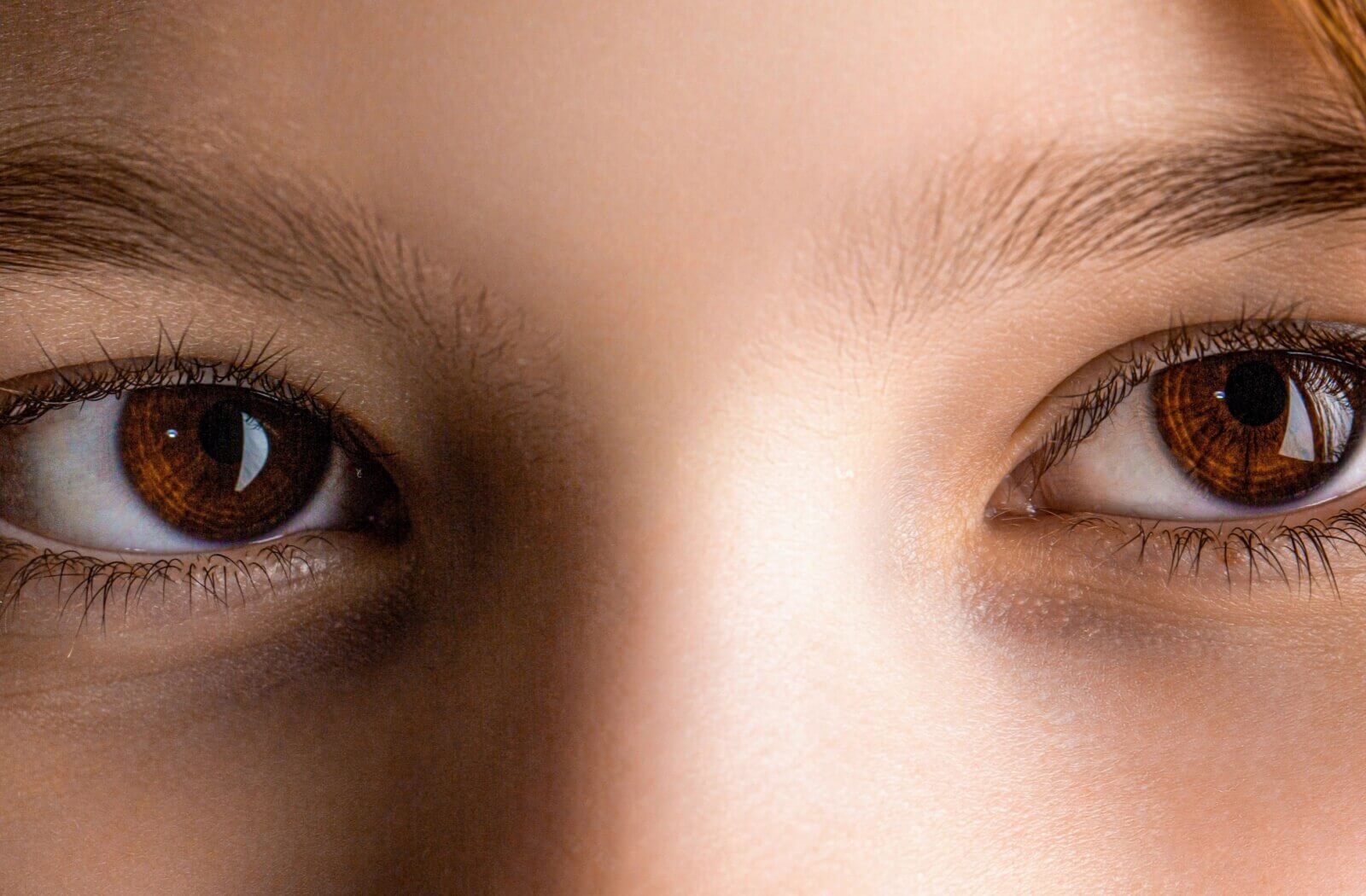
Vision therapy is an effective, noninvasive treatment option that helps retrain the eyes and brain to work together more efficiently. […]
How Long Does Eye Strain Last?
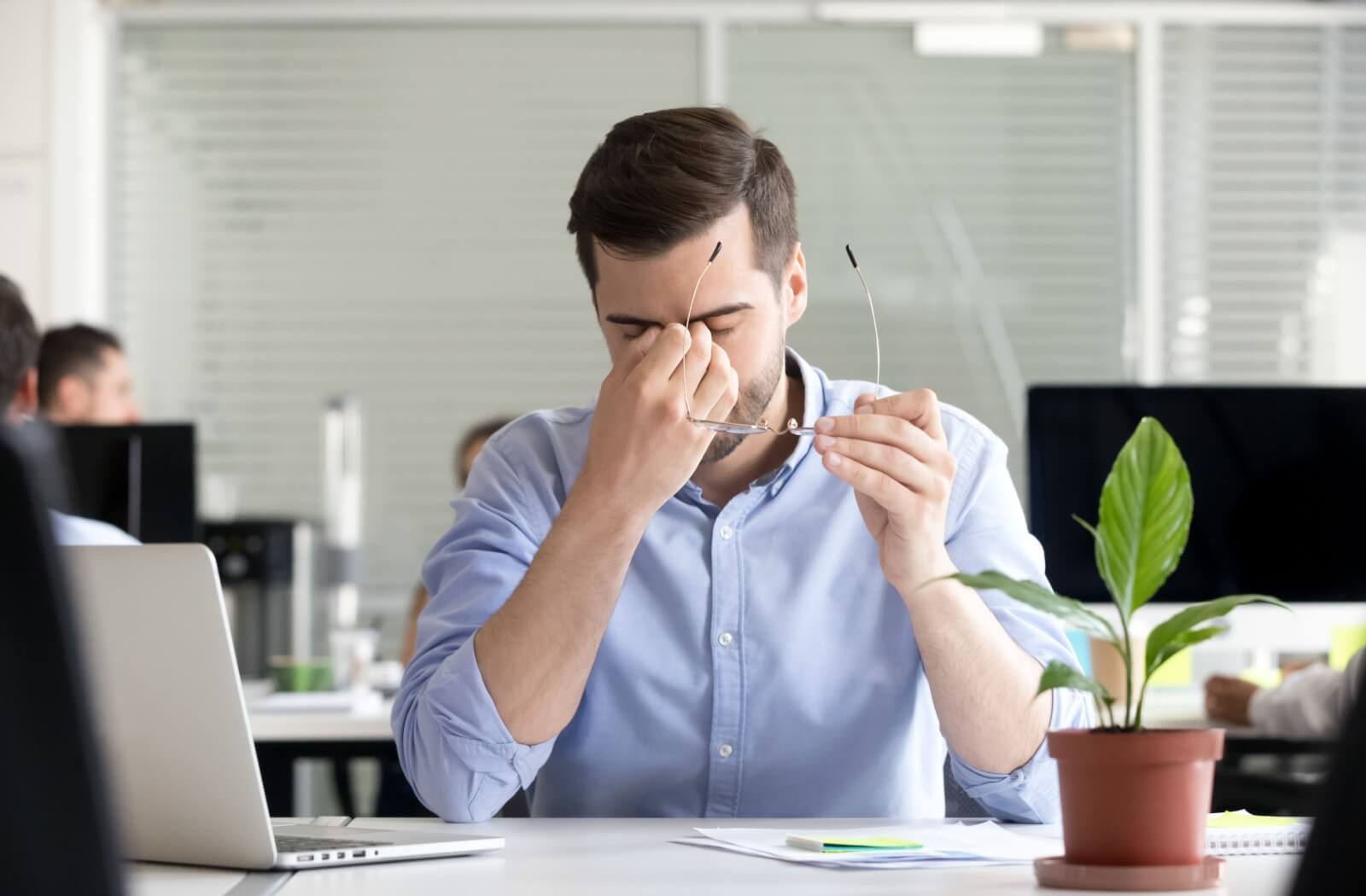
Digital eye strain tends to last for a few hours. In the meantime, it helps to take a break and rest your eyes—try avoiding screens where possible and regularly focusing your eyes at different distances. This gives them a much-needed rest.
[…]
Glaucoma vs Cataracts: What’s the Difference?
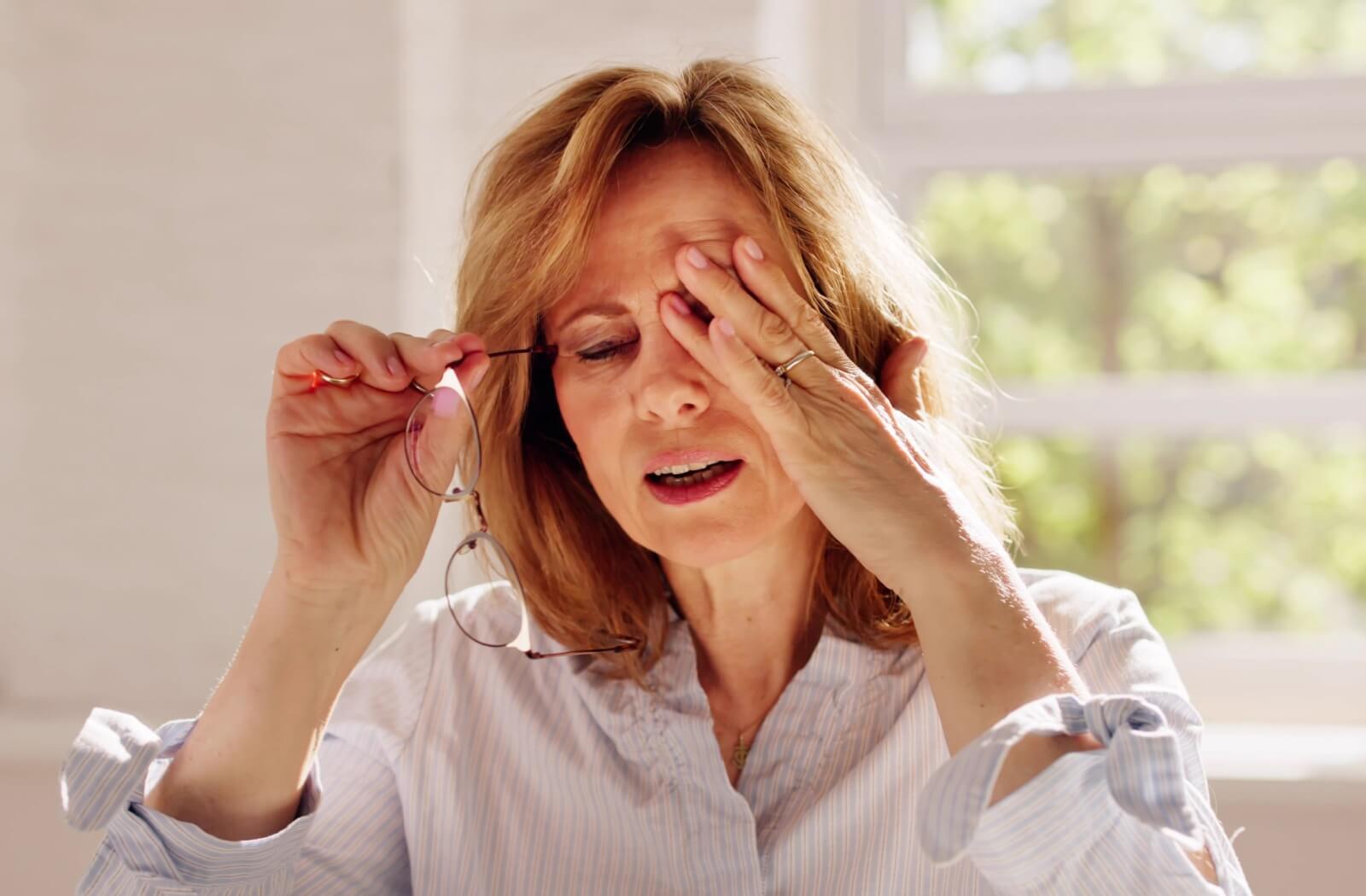
Glaucoma and cataracts are two of the most frequent eye issues, but they differ significantly in their causes, symptoms, and treatments.
[…]



